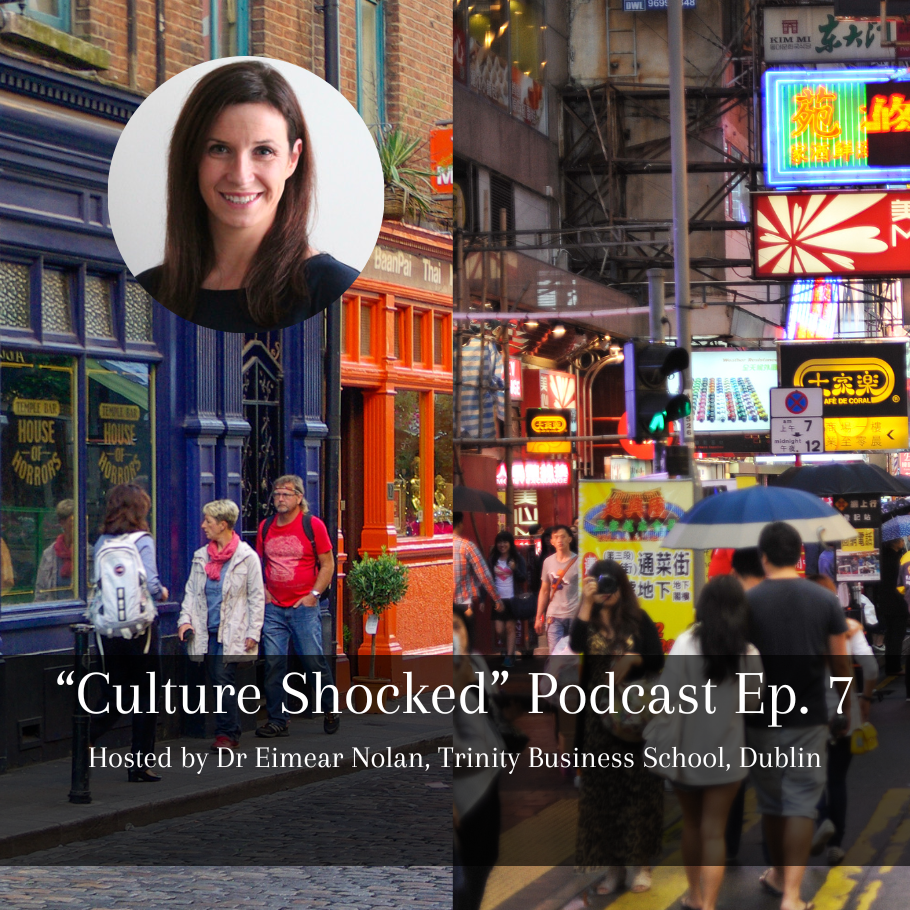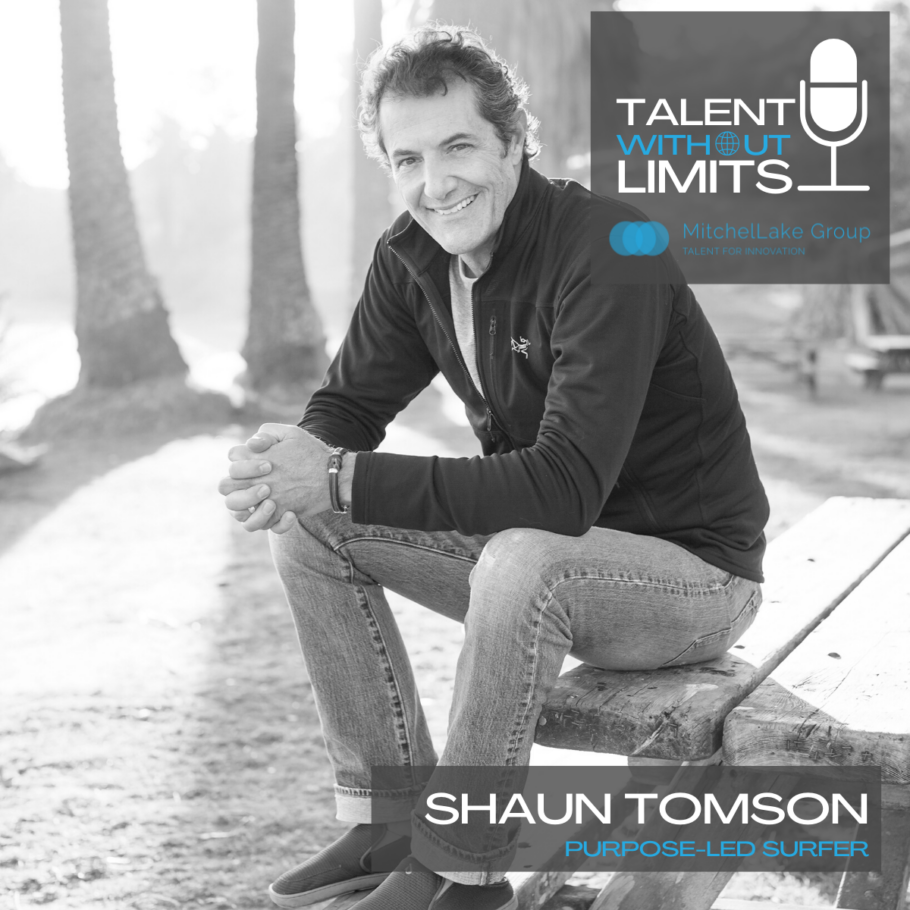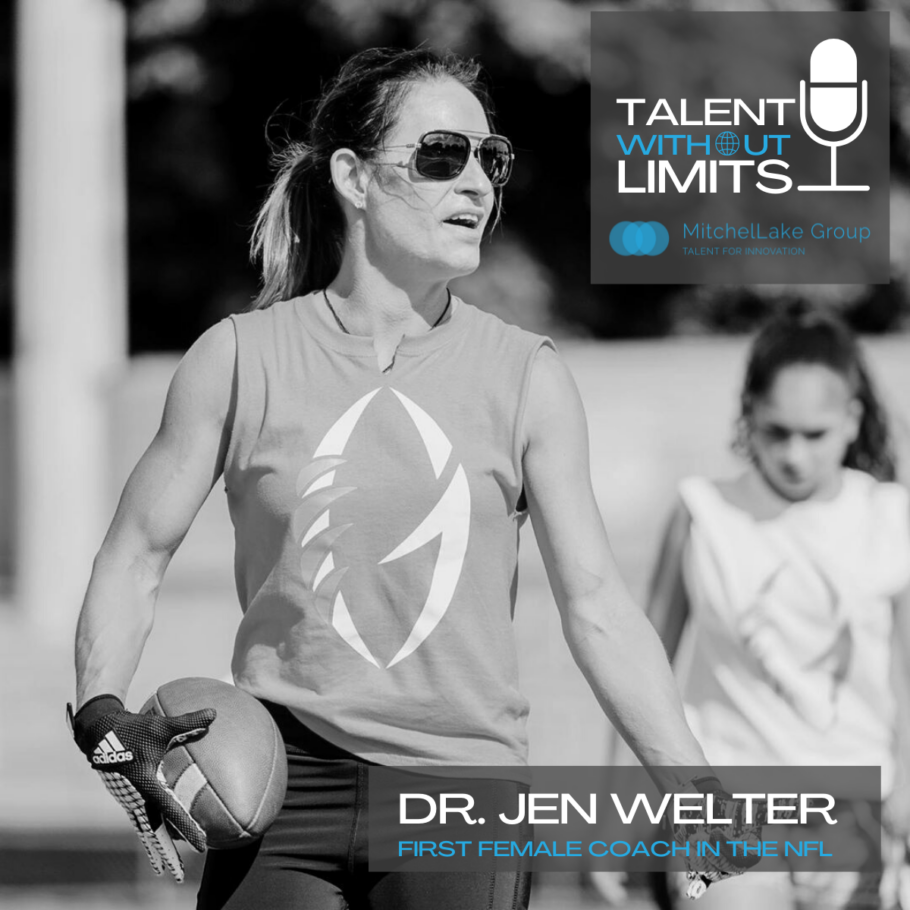Machine Learning Series: Hear it from Industry Leaders Posted at 0:00, Fri, 12 April 2019 in Industry Insights
Part 2: The journey of implementing ML featuring carsales.com Ltd and Culture Amp
Introduction (for new readers)
This series is dedicated to all Machine Learning (ML) enthusiasts, especially those who reside in Australia and are interested to learn more about the local landscape. It is an eight-part series, published weekly, covering topics from business applications, advice for business stakeholders and aspiring engineers, approach in implementing machine learning as well how to source for talent in the market.
The motivation for creating this series is a personal quest to satiate my curiosity in this space, at the same time I hope it offers a good insight into what goes on behind-the-scenes.
This week, we continue the conversation with Gus and Michael to find out how they’ve taken carsales and Culture Amp on the journey to adopting ML.
Panel:
Agustinus ‘Gus’ Nalwan, Head of AI and ML @ carsales.com Ltd
Michael Ridgway, VP of R&D Engineering @ Culture Amp
Background:
carsales.com Ltd (ASX: CAR) is the largest online automotive, motorcycle and marine classifieds business in Australia. Gus is the pioneer of carsales.com Ltd’s award winning AI technology, Cyclops, an AI-assisted image recognition tool for vehicle recognition.
Culture Amp is the world’s leading employee feedback and development. To date, they’ve worked with more than 2,000 companies and over 3 million employees. Michael was instrumental in making ML happen at Culture Amp, having built out their first ML team.
From here, carsales.com Ltd will be abbreviated to carsales.
Q: What was the process in implementing ML in the business and how did you approach it?
Gus @ carsales:
“… we gathered around 15-20 people from across the business which we call an AI guild to work on four AI projects.”
Our current Managing Director of Consumer Business, Ajay Bhatia, who was our CIO at the time, first raised the concept of using AI at carsales in 2015. We decided to explore what machine learning can do for our business and gathered around 15-20 people from across the business which we call an AI guild and to work on four AI projects.
I lead the AI guild and also was also a member of the Cyclops team and our business case was to identify how image recognition could automate our internal processes. We focused on how we could specifically reduce the manual load in classifying photos by carsales staff for ad listings. Initially we looked into solutions already available in the market, but they were going to be too expensive, so we decided to spend the next two weeks building something ourselves.
After building our proof of concept (POC) for Cyclops we required more resources, so we entered Cyclops into an internal carsales Hackathon. The carsales Hackathon is an event where people from across the business come together to solve business issues or be innovative. Cyclops was developed by a team of tech and non-tech professionals for diversity of thought and to ensure the final product would be commercially viable.
After a successful carsales Hackathon, we were given the green light to work more regularly on Cyclops. From the original Cyclops prototype we conducted a pilot integration into our internal photographic management solution. This process took about three months and we had terrific results. Cyclops is now integrated into all the photo publishing pipelines at carsales (including our mobile apps) and processes more than 100,000 photos a day.
Michael @ Culture Amp:
When I started, we had only a few data scientists and a large team of Ruby engineers working on the core product. Our data scientists were awesome at exploring data and coming up with theoretical models, however they did not have the ability to put that into production. On the other hand, our Ruby engineers were great at programming, but didn’t understand ML well enough to know what could be done with the data. There was this massive gap hindering the production of intelligent solutions, and I was hired to fix that problem.
“The goal was to build up a ML team, but hiring unicorn ML / AI developers wasn’t feasible, nor would it be the best approach.”
I pieced together the existing capabilities that we had and worked out what were negotiables and non-negotiables in new hires. The important traits we looked for were strong engineering fundamentals and passion. Commercial experience with ML would be great, but this is an immature space and not many would have had the opportunity to work with it commercially. This proved to be a good hiring strategy, as the ML engineers we hired had the ability to understand the math, algorithms and models produced by the data scientists, and work with Ruby developers to bring it into production.
—
Have some burning questions of your own that weren’t answered? Please comment below or let me know at rachel.chong@mitchellake.com as I’m planning the next series and would love new ideas!
(Next week) Part 3: Advice for business stakeholders



